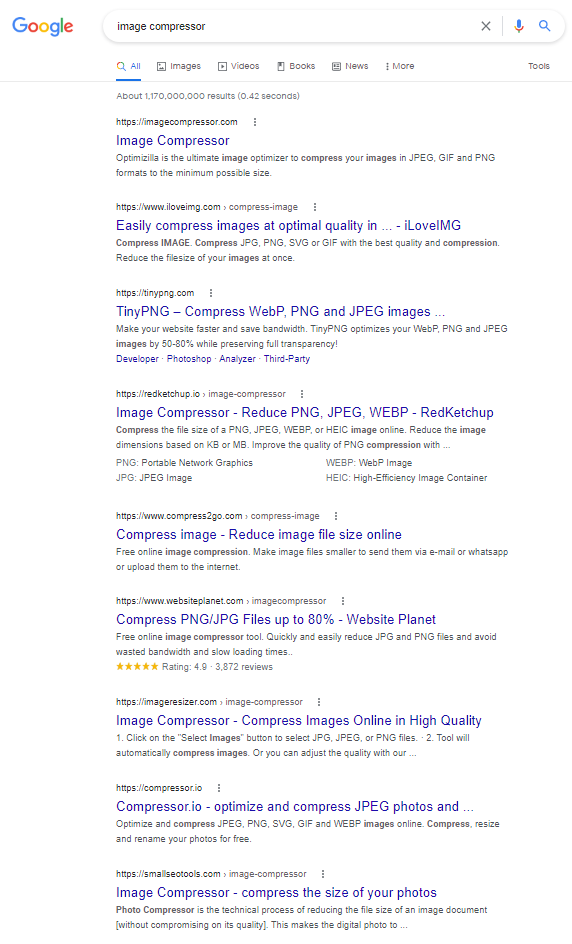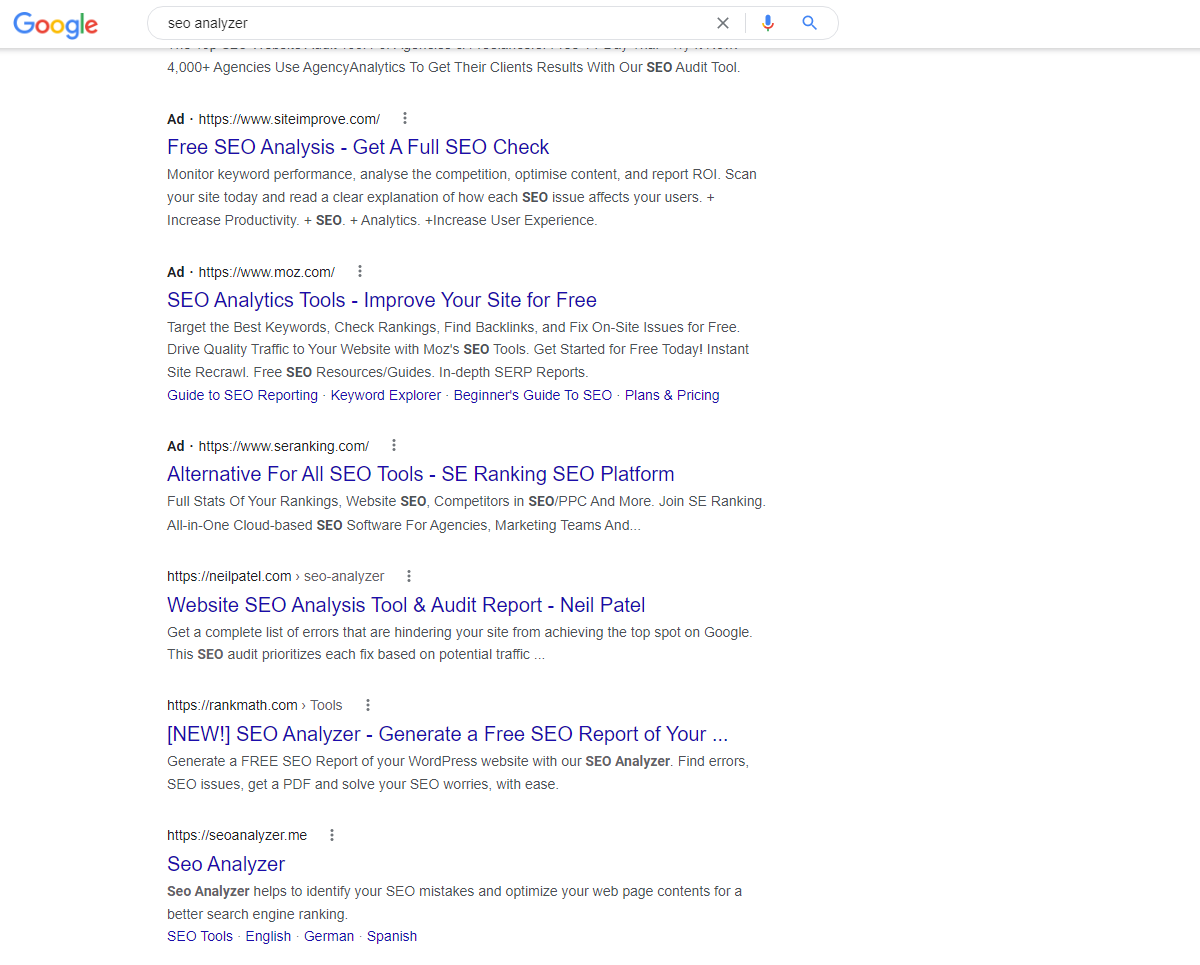freshpeppermint
hi.
- Joined
- Nov 11, 2021
- Messages
- 297
- Likes
- 56
- Degree
- 0
So from this forum I recently found this website called https://tinywow.com and I was comparing it to a website called https://imagecompressor.com
The tinywow has 5mil and the imagecompressor has like 1.1mil according to similarweb. But my question is wouldn't it always be smartest to do a website similar to tinywow rather than imagecompressor despite it ranking WAAAY higher on serp for specific keywords? So that you overtime build WAY more backlinks than Imagecompressor and outrank them based on sheer authority??
Also how come according to similarweb this website https://www.iloveimg.com/ gets way more traffic than tinywow despite having less tools? Maybe tinywow is newer and overtime should eventually outrank iloveimg right or no?
I only ask this because I plan on creating tool-type of websites and I was wondering what tinywow did is smarter to do than just having 1 tool websites? I am also adding tools to current blogs in the hopes of outranking my competition's articles in the long run.
The tinywow has 5mil and the imagecompressor has like 1.1mil according to similarweb. But my question is wouldn't it always be smartest to do a website similar to tinywow rather than imagecompressor despite it ranking WAAAY higher on serp for specific keywords? So that you overtime build WAY more backlinks than Imagecompressor and outrank them based on sheer authority??
Also how come according to similarweb this website https://www.iloveimg.com/ gets way more traffic than tinywow despite having less tools? Maybe tinywow is newer and overtime should eventually outrank iloveimg right or no?
I only ask this because I plan on creating tool-type of websites and I was wondering what tinywow did is smarter to do than just having 1 tool websites? I am also adding tools to current blogs in the hopes of outranking my competition's articles in the long run.

